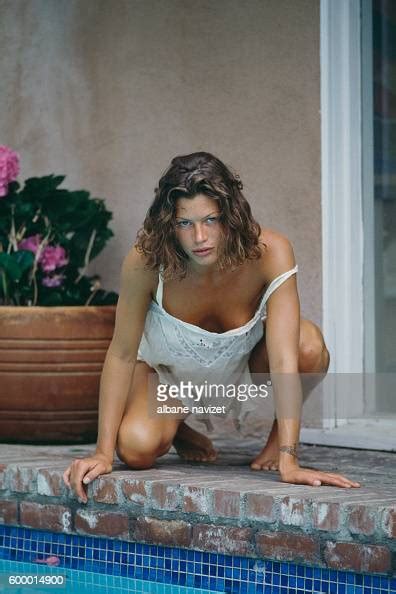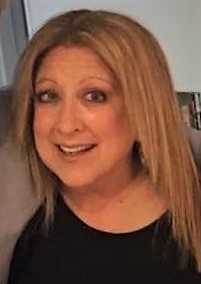A Quote by Samuel Pepys
Related Quotes
Which is recorded of Socrates, that he was able both to abstain from, and to enjoy, those things which many are too weak to abstain from, and cannot enjoy without excess. But to be strong enough both to bear the one and to be sober in the other is the mark of a man who has a perfect and invincible soul.
Teenagers are always sneaking around in drawers where they shouldn't go and reading things they shouldn't be reading. And that's an attempt to try, I think, to penetrate, that's how I found out as a teenager what was going on, was by sneaking into drawers and reading letters that I had no business reading.
What does it matter how cultivated and up-to-date we are, or how many thousands of books we’ve read? What matters is how we feel, how we see, what we do after reading; whether the street and the clouds and the existence of others mean anything to us; whether reading makes us, physically, more alive.
Pilate sentenced him due to fear, in accordance with the petition and intention of others. These people sentence him for their own advantage and without any fear, by dishonoring him through sin that they could abstain from, if they wanted. But they neither abstain from sin nor are they ashamed of their already committed sins, for they do not take into consideration their unworthiness of the kindness of the one whom they do not serve.






































